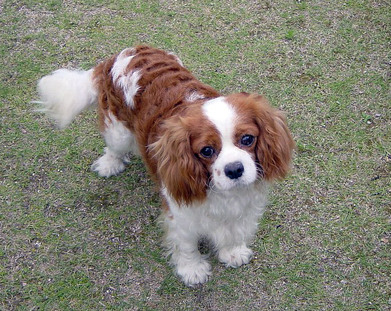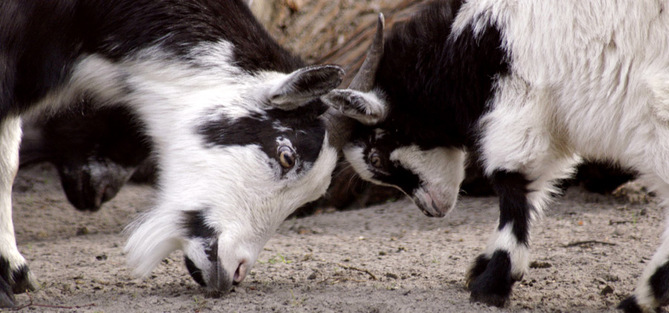|
Games have rules. But playtime is more flexible, organic. It naturally shifts and changes, but that doesn’t mean it exists without structure. It may be ambiguous, and difficult to pin down, but that’s also one of the things that makes it special.
I forget where I first came across the concept (might have been via Pop Up Playground), but what’s key for me in the difference between free play and a game as such, is that if it’s playtime the rules can and often do change at any time, you are free to quit whenever you like, and the point of the activity is the activity itself. Play exists for the purpose of playing, and only for as long as the process itself is engaging. At least, that’s my simplified definition for the purposes of my discussion, but this great article goes into more depth, describing play as “activity that is (1) self-chosen and self-directed; (2) intrinsically motivated; (3) guided by mental rules; (4) imaginative; and (5) conducted in an active, alert, but relatively non-stressed frame of mind.”
0 Comments
So I saw on The Project the other night (but you might not want to bother with the link, I don’t like their video player – it has too many ads), a new study has discovered the most healthiest way to exercise. The way they broke it down was this – people who run at a slow or moderate pace for anywhere between 1 and 2.7 hours per week live longer than those who run faster, and those who don’t exercise.
Of course, if you can’t run or running does you damage, this is not a healthy option for you. And there’s nothing magical about jogging or running – it will have you working at a certain degree of intensity for a given time – this is referred to as ‘steady-state cardio’. Maybe you can match that sustained intensity with a power walk, bike riding, swimming, or various moderate-to-medium intensity exercise classes.  _ When I was a child, we were at the beach one time – not in Melbourne, it was somewhere coastal. I walked along the sand; it was firm underfoot – wet from receding waves, compact. I had a strong impulse to run, and so I ran. I would have expected to fatigue, but the energy I had fed off itself, and I ran faster and faster. It felt as if I could almost fly, if only I could run just a little bit quicker. My imagination inspired me. My weight seemed to disappear from the ground, and it felt like a long distance, and a short one, all at the same time. It was a pure and simple joy. I had known the laboured boredom of jogging, I’d known from school both the despondency of failing to win a race, and the self-conscious pleasure with a smattering of guilt that came from success in competition. This memory exists before I had experienced the shame of being a person who believes they should run. I couldn’t articulate it at the time, but this was my earliest memory of running as a physical expression of freedom and joy. |


